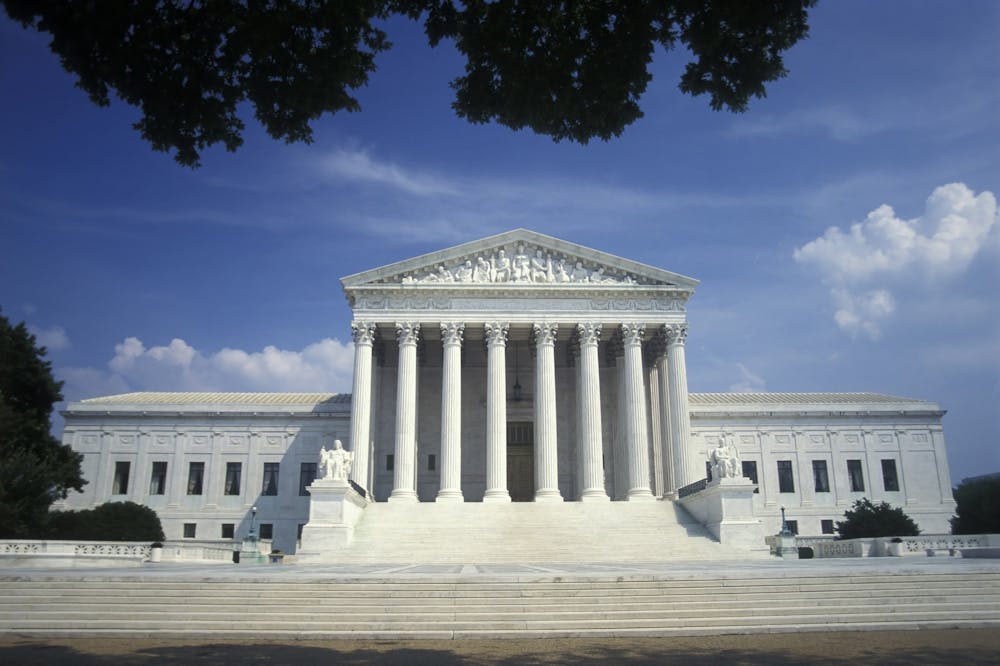The Supreme Court announced Monday it will reconsider race-based affirmative action in college admissions.
Justices will hear challenges to policies at UNC and Harvard University in a session beginning next October. The court will likely reach a decision by June 2023.
On Oct. 18, the United States District Court for the Middle District of North Carolina ruled in favor of UNC continuing to use affirmative action as a part of its admissions process.
This ruling rejected the argument of Students for Fair Admissions, the plaintiff in the case. The nonprofit membership group had challenged the constitutionality of factoring race into admissions, citing that UNC was violating the Equal Protection Clause of the Fourteenth Amendment and Title VI of the Civil Rights Act of 1964 under the guise of diversity.
The SFFA said the use race or ethnicity as a dominant factor in admissions decisions could account for the disparate treatment between Asian American and white applicants and underrepresented minority applicants.
The lawsuit said that UNC’s “racial preference” for underrepresented minority students was a fixed feature on those students’ applications, and that non-race-based criteria could instead be applied to admissions, like socioeconomic status.
"Nevertheless, nearly seventy years after the first Black students were admitted to UNC, the minority students at the University still report being confronted with racial epithets, as well as feeling isolated, ostracized, stereotyped and viewed as tokens in a number of University spaces," Judge Loretta C. Biggs wrote in the ruling.
The SFFA filed two lawsuits in November 2014: SFFA v. UNC and SFFA v. Harvard.
The 2016 decision for Fisher v. University of Texas slowed the discovery process for SFFA v. UNC. Fisher v. University of Texas found that the use of affirmative action was constitutional, so long as it was narrowly tailored for the compelling interest of promoting educational diversity.




